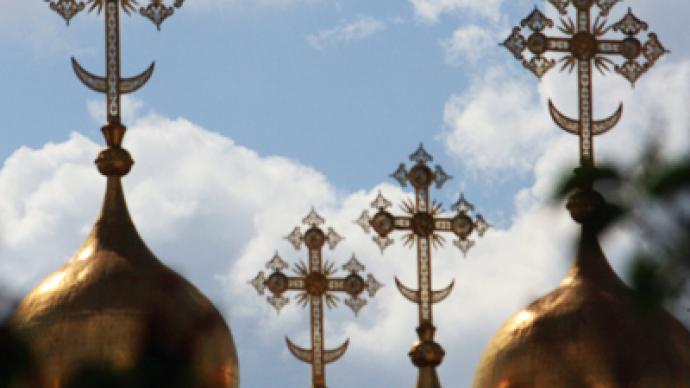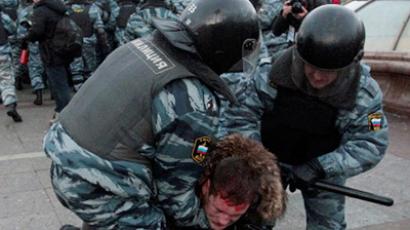Church urges barriers against religious extremism from abroad

The state should be entitled to intervene in religious affairs in order to safeguard against the expansion of external religious extremism, Russian Archpriest Vsevolod Chaplin has said.
“Today only a blind person can’t see that there are religious communities that deserve support, but there are also phenomena no less dangerous than Nazism and Fascism, which are banned in many countries. And this reality should be adequately addressed,” said Chaplin, the head of the Synodal Department for Church and Society Relations, as cited by Interfax.He believes that the principle of state neutrality on religion has been superceded and is no longer compatible with real life. Chaplin insists that it is time to rethink how valid the notion of equality of different religious unities before the law really is. He noted that this principle simply does not exist in the legal systems of the majority of Western countries. It first appeared in the former Soviet states in the ‘90s – “the period of ultra-liberal euphoria.”The Moscow Patriarchate representative pointed out that many countries are currently trying to distinguishbetween religious trends that should be supported and trends that should be limited. On the one hand, Chaplin observed, it is obvious that these measures are aimed at protecting society from “the expansion of religious extremism from abroad” as well as from various “destructive forces” that develop in different countries.“I fully support this tendency,” he said. On the other hand, in some countries limitations apply not only to religious and political extremism, but also to religious communities which ought to be supported since “they are the best antidote for any kind of extremism.”














